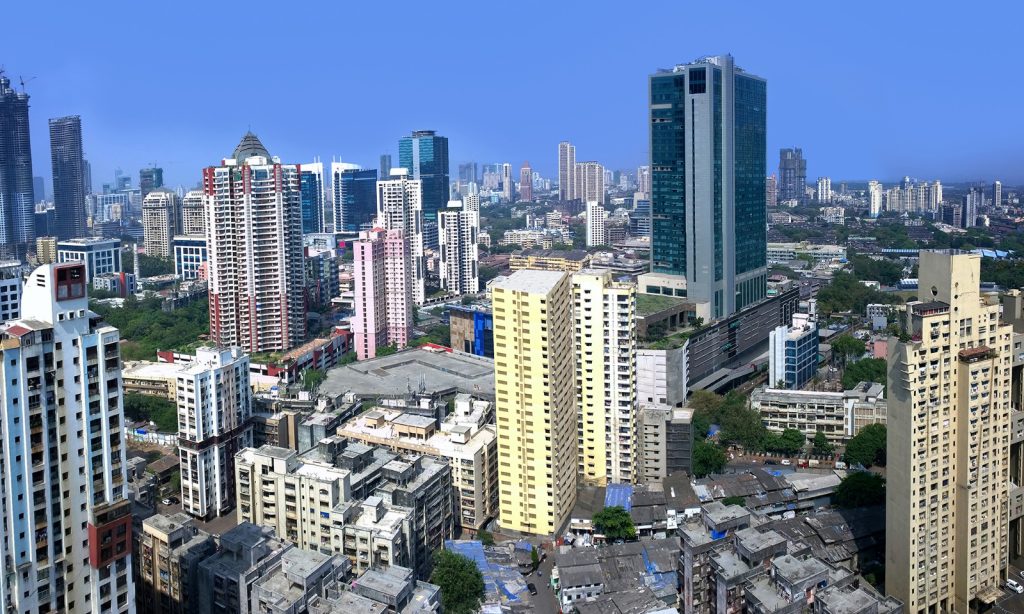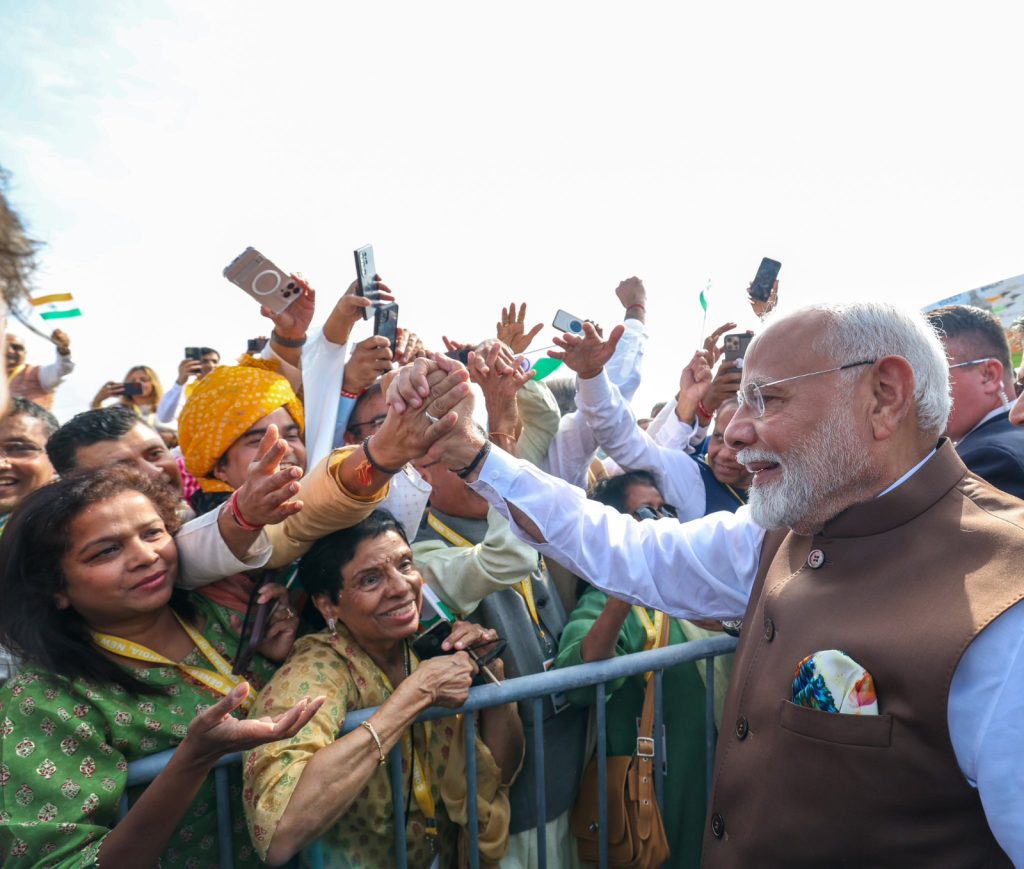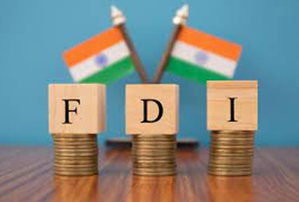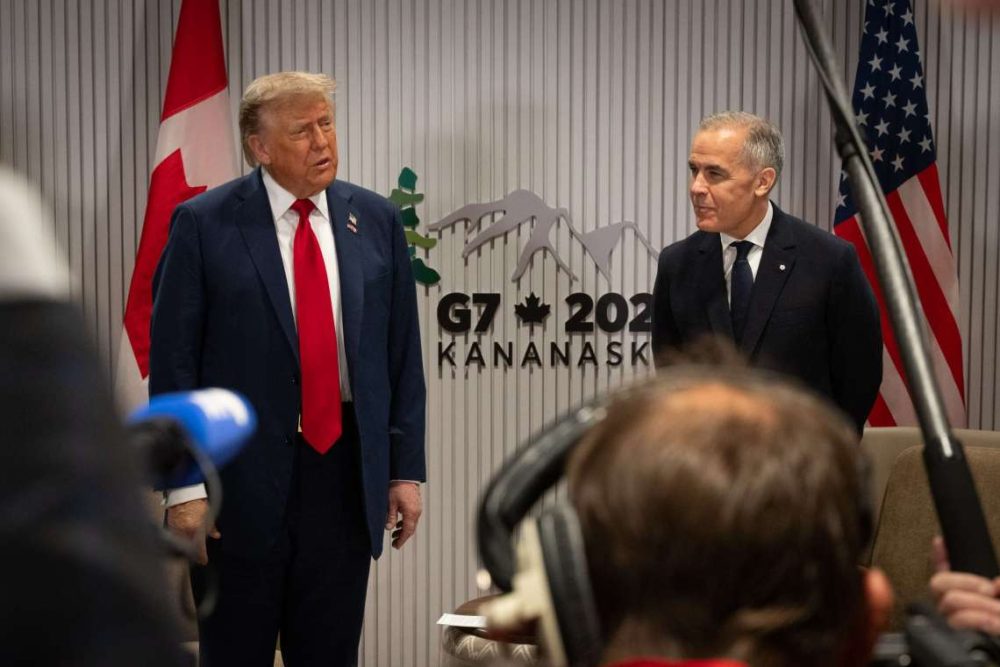Between April 2014 and September 2024, India attracted USD 709 billion in FDI, accounting for 69% of the total inflows since 2000.
India has reached a remarkable economic milestone, with Foreign Direct Investment (FDI) inflows surpassing USD 1 trillion since April 2000. This achievement underscores India’s growing appeal as a global investment hub, driven by robust economic growth, progressive reforms, and expanding market potential.
Between April 2014 and September 2024, India attracted USD 709 billion in FDI, accounting for 69% of the total inflows since 2000. This surge highlights India’s ability to sustain and enhance its attractiveness to international investors. In the first half of fiscal year 2024-25, FDI inflows saw a significant 26% increase, reaching USD 42.1 billion, further cementing India’s position as a key player in the global economic landscape.
Key Drivers of FDI Growth
India’s success in attracting FDI stems from a combination of improved competitiveness, innovation, policy reforms, and a favorable business environment.
Improved Competitiveness and Innovation
India’s enhanced global competitiveness has been a significant driver of FDI inflows. In the World Competitiveness Index 2024, India climbed to 40th place, up from 43rd in 2021. Similarly, its ranking in the Global Innovation Index improved from 81st in 2015 to 40th in 2023. These advancements highlight India’s progress in fostering innovation and strengthening its technological capabilities.

Key sectors like Information Technology (IT), biotechnology, and renewable energy have played a pivotal role in attracting FDI. The growth of these industries has positioned India as a dynamic and innovative investment destination.
Global Investment Standing
According to the World Investment Report 2023, India ranked as the third-largest recipient of greenfield projects, with 1,008 announcements, and the second-largest recipient of international project finance deals, witnessing a 64% increase. These indicators reflect long-term investor confidence and the country’s strengthening global investment standing.
Enhanced Business Environment
India’s efforts to improve its business environment have significantly contributed to its FDI growth. The World Bank’s Doing Business Report noted India’s leap from 142nd place in 2014 to 63rd in 2020. Reforms in labor laws, bankruptcy regulations, and the introduction of the Goods and Services Tax (GST) have streamlined operations, reducing challenges for foreign investors.
Proactive Policy Reforms
The government’s liberalization of FDI norms in sectors like defense, telecom, and retail has been instrumental in attracting investments. Initiatives like “Make in India” have boosted manufacturing, while amendments to tax policies, such as abolishing the angel tax, have created a more investor-friendly environment. Additionally, measures to promote foreign investment in the space sector have diversified opportunities for global investors.
Strategic Sectors Driving FDI
India’s ability to attract FDI across diverse sectors has strengthened its global economic standing. Key sectors include:
Manufacturing and Infrastructure: The “Make in India” initiative has spurred investments in electronics, automobiles, and consumer goods.
Information Technology and Services: The IT sector remains a major draw for foreign investors.

Renewable Energy: India’s push for clean energy has led to increased investments in solar and wind energy.
Pharmaceuticals and Biotechnology: India’s pharmaceutical industry continues to attract significant foreign investments due to its growing domestic market and export potential.
Looking Ahead
India’s USD 1 trillion FDI milestone reflects its transformation into a major global economic player. The 26% rise in FDI inflows during the first half of FY 2024-25 highlights its sustained appeal. With ongoing policy reforms, a competitive labor market, and focus on high-growth sectors like renewable energy and space exploration, India is poised to shape global economic trends and foster sustainable growth in the years to come.
ALSO READ: India’s Balanced Middle East Stance














